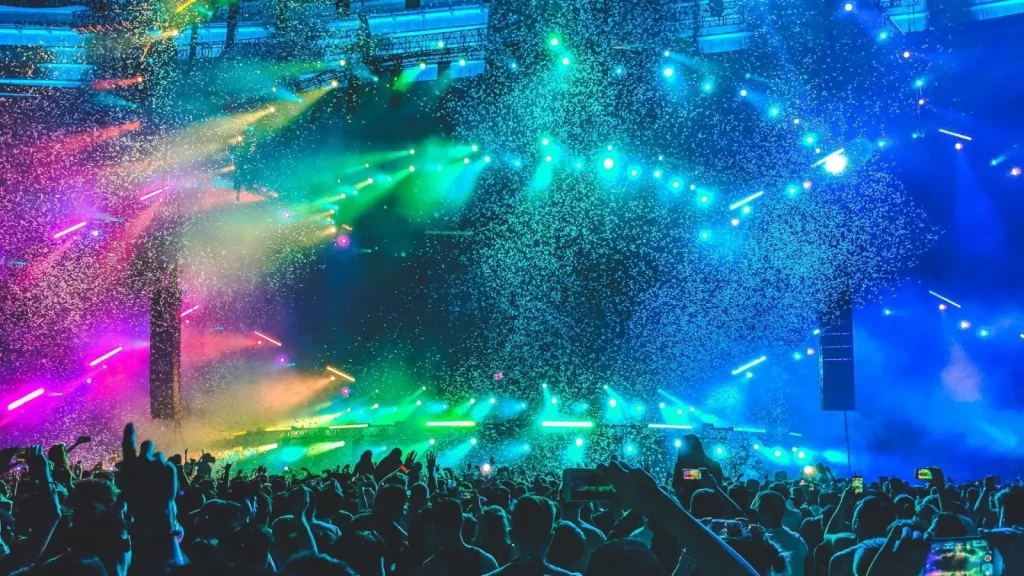History says that music has always had a major role in shaping culture, therefore cultural festivals. Music has always been a big part of cultural festivities, from ancient Greece’s Pythian Games to 11th-century Scottish Mods. So in a way, today’s music festivals are rooted deeply in ancient history, religion, and most importantly classical music.
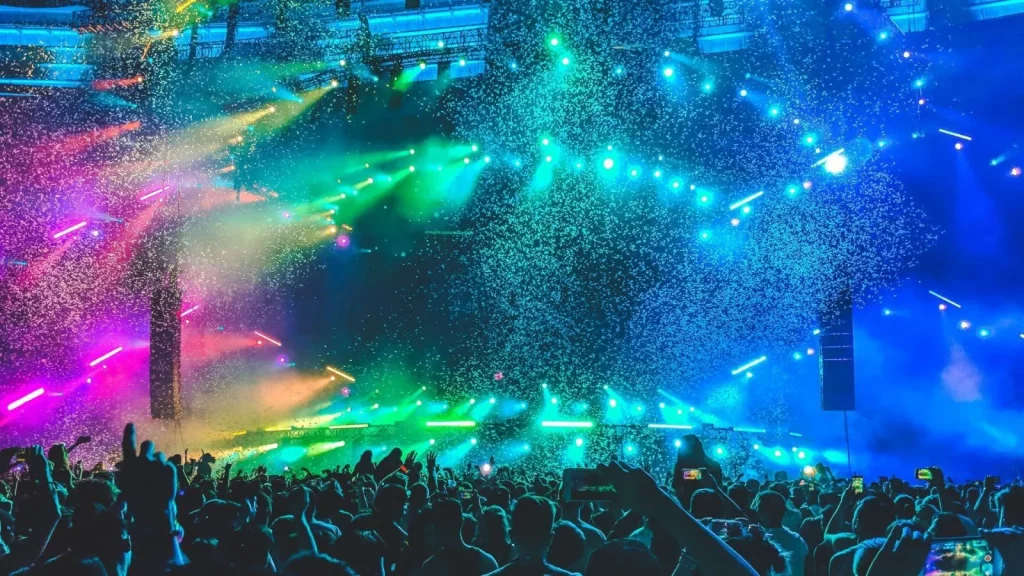
Today’s music festivals have come a long way from their humble beginnings and evolved along with the many cultural shifts and trends the world saw. Artistic development and societal changes also play a major role in the evolution of music festivals. Yes, the modern music festival that we see and experience today is a fairly recent phenomenon, communal celebrations of music date back to history. So let’s take a deep dive into how music festivals have evolved from time to time.
The Phythian Games:
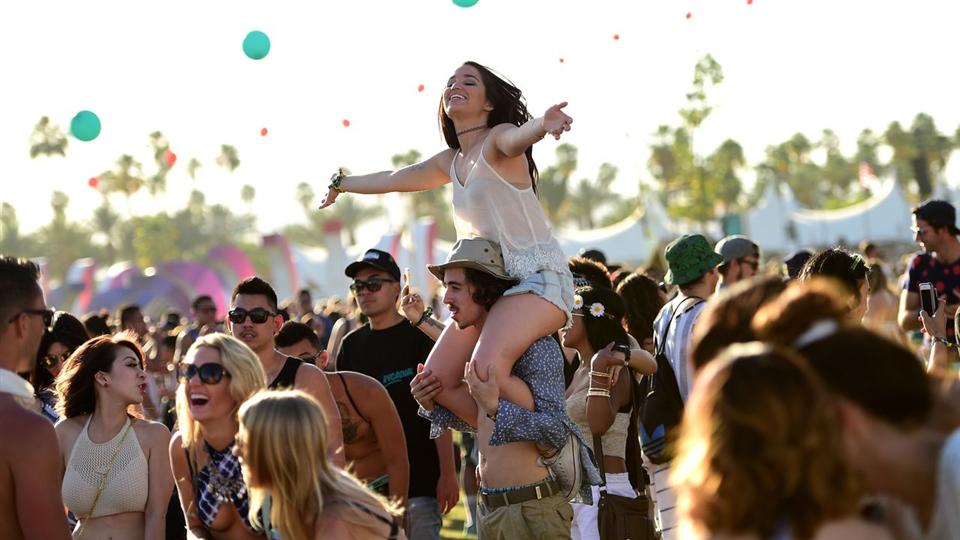

When you think of a music festival, you imagine outdoor events with tents and food trucks, where artists come to play on stage. However, the roots of these kinds of gatherings are in history. According to records, the first-ever music festival took place in Ancient Greece, in 582 BC, during the world-famousPhythianGames. These games took place every four years and included speech, reading poetry, and music festivities and games. People who gathered around the area enjoyed the symphonies and musical performances dedicated to the god Apollo. He was the god of music and art in Ancient Greece.
Classical music and exclusivity:
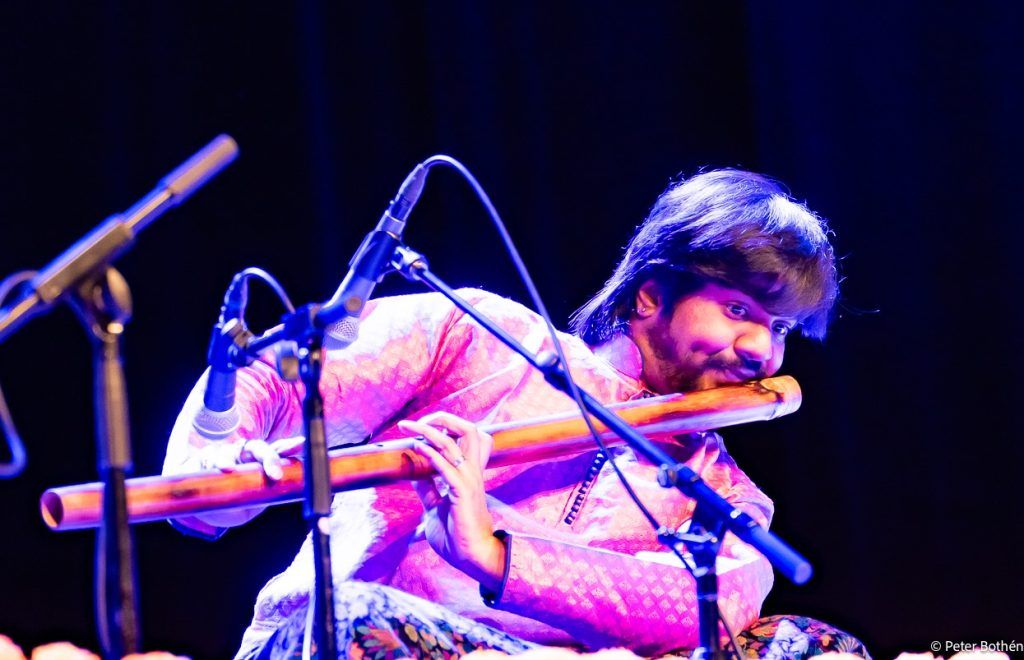

Classical music took over the landscape of European music by the 17th century. At the forefront were legendary composers like Bach, Mozart, and Beethoven. This slowly started revolutionizing the concept of public music gatherings. Festivals of music were supposed to be gatherings where people could gather and celebrate music. However, along with the wealth gap starting to widen in Europe, music festivals started to become more exclusive, and reserved for people of great wealth who could afford it. They started to cater to people from the upper class primarily. This trend then continued for centuries where the elite class exerted control over culture and restricted the access of normal people to music festivals.
Music festivals during world wars
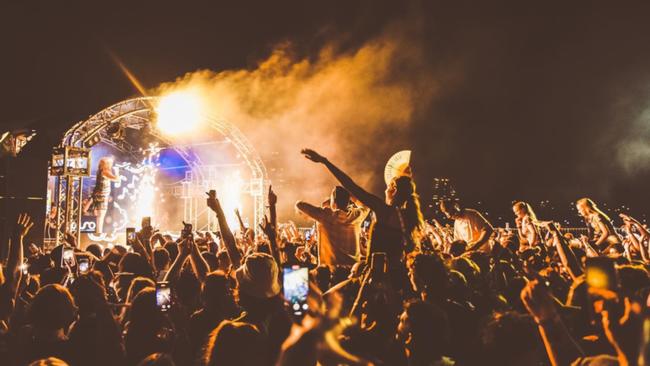

The First World War in 1914 brought so many changes to lifestyles all around the world. Society started to focus on staying safe and wartime efforts. This caused a gradual disappearance of the elite class’s exclusivity on music festivals. In a total turn of events, the working class was returning to music more than ever. To avoid the scrutiny of the upper class, musicians also took measures. They started to gather around local pubs and dive bars and by the time the First World War ended, jazz had cemented itself in the music world forever.
World War Two also played a pivotal role in nurturing music festivals, especially with the beginning of the Newport Folk Festival during that time. It was organized by Louis and Elaine Lorillard, a couple who met during World War II. They came together and revolutionized Rhode Island’s artistic community with jazz, and a foundation of jazz, blues, pop, and country music, they expanded the festival which later became one of the greatest music festivals ever.
The birth of modern music festivals during the 1960s:
A pivotal shift in music festivals can be seen in the 1960s. From that period, the best-known music festival was Woodstock, however, it was not the first of its kind. The concept of modern music festivals was born from the concept of escapism from everyday life. It began in 1967 with the invention of the Monterey International Pop Festival. This became America’s first rock festival which brought legendary performers like Janis Joplin, The Who, and Jimi Hendrix together.
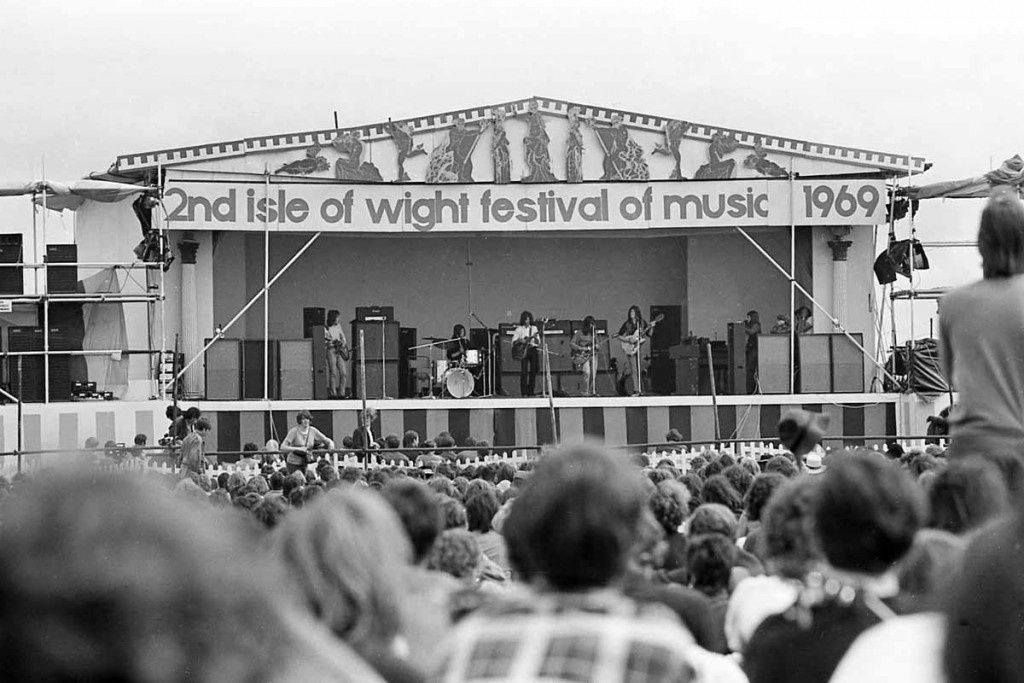

This movement continued throughout the 1960s when the Miami Pop Festival started in 1968 and 1969 birthed Woodstock. By the time it was the 1970s, music festivals were a common thing worldwide. They started to draw in a huge number of music lovers from all over the place. Over 11,000 people gathered together for the Newport Jazz Festival in Rhode Island, which was America’s first-ever jazz festival.
The electronic music revolution:
If you imagine today’s music festivals, you would automatically place electronic music there. This electronic music as a genre was being developed in the underground culture of Berlin when the city was still under the control of the Soviet Union. The genre saw its breakthrough in the 1990s. When the fall of the Berlin Wall happened in late 1989 which then globally popularized the electronic music genre.
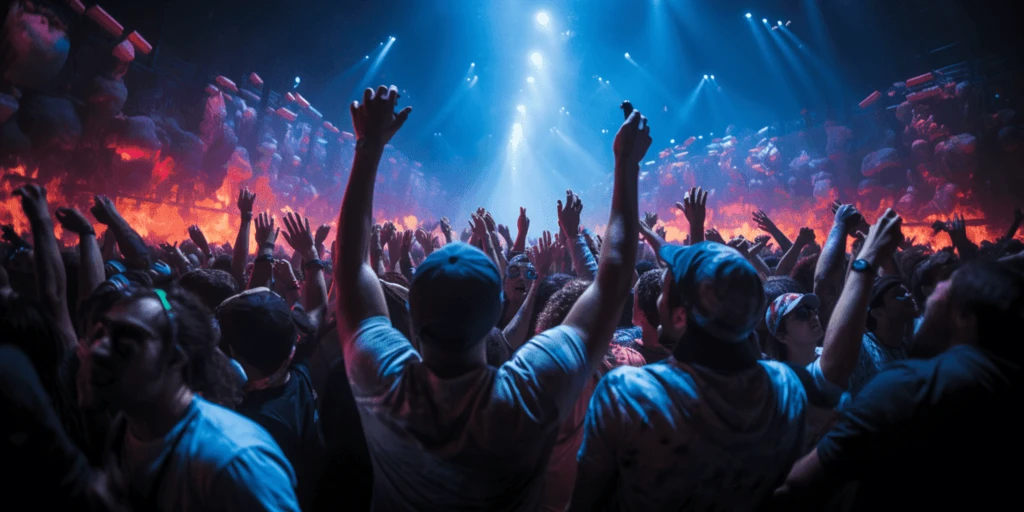

You would gasp if you knew what served as concert halls. It included anything and everything, starting from power plants, and underground stations, to abandoned buildings, and even World War II bunkers, they all served as makeshift for modern concert halls. On one hand, this increased the accessibility of music festivals of that time, and on the other hand, this opened many doors for the re-imagination of spaces for music festivals. During this time, there were also waves of underground and creative celebrations, especially since Germany was reunited with a newfound sense of freedom and solidarity.
On the other side of the world, House music was born in 1980s Chicago and then found a new home in the UK. This parked off a club culture that we can still see persisting to this day. This also evolved the current course of English festival culture that the world knows.
Electronic music festivals:
During this time, the Electronic Dance festivals slowly began to take form while they were still underground. In the mainstream, on the other hand, many music festivals that we know today were born such as Chicago’s Lollapalooza. It was planned as a final farewell touring festival for Jane’s Addiction in 1991. This featured mostly non-musical art, environmental, and political vendors along with alternative rock.
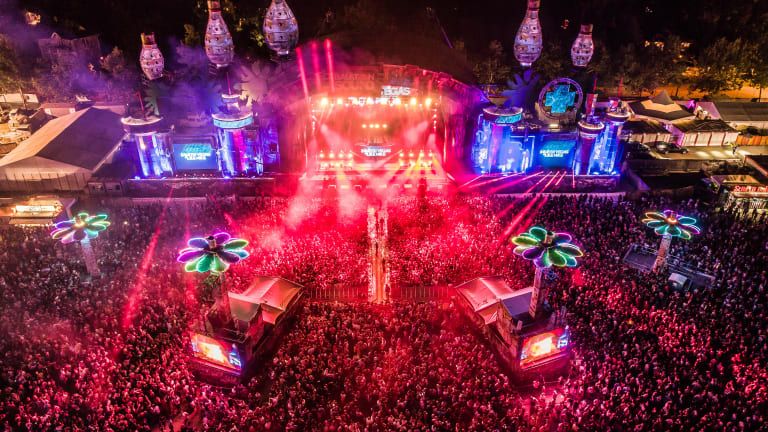

In the ’90s, Coachella was launched too. Its first edition happened in 1999 when 10,000 people came out to see Beck, Jurassic 5, and Rage Against the Machine. The festival had 75,000 attendees and featured quite a lot of historic performances including Tupac’s resurrection via hologram and Daft Punk’s revolutionary LED-lit pyramid.
Today’s music festivals:
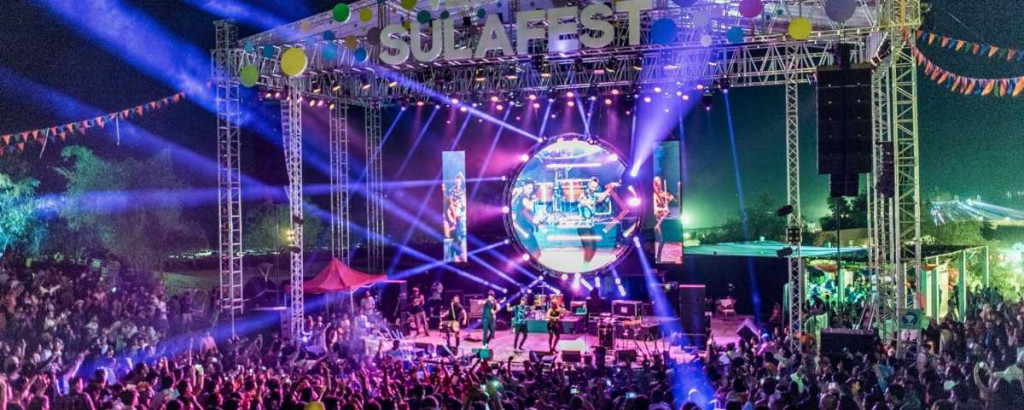

Music festivals that we experience today have completely suppressed the boundaries of creativity in the past. Festive organizers have now full ground to experiment with art, space, and most importantly, technology. This is why today’s music festivals bring joy, happiness, fun, and excitement. It is not a mere celebration of music, but it has evolved into a celebration of life. On one hand, it brings communities together, and on the other hand, it brings good business to the music industry.
Check out For More News Updates on Google News.

